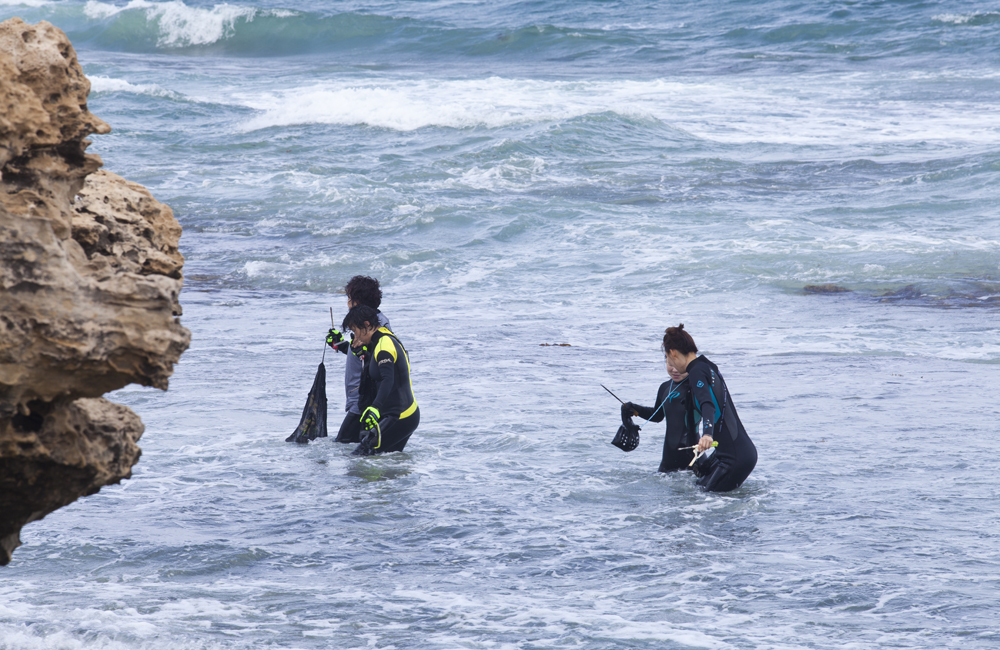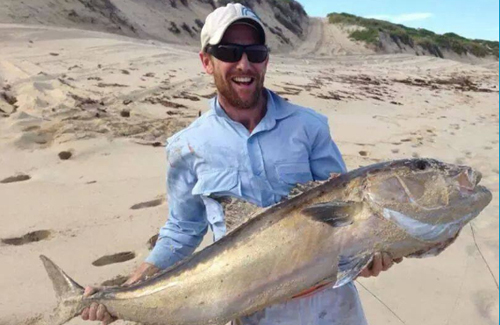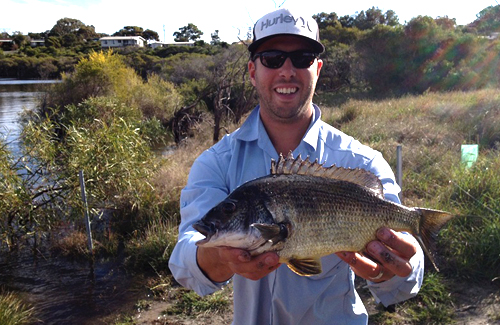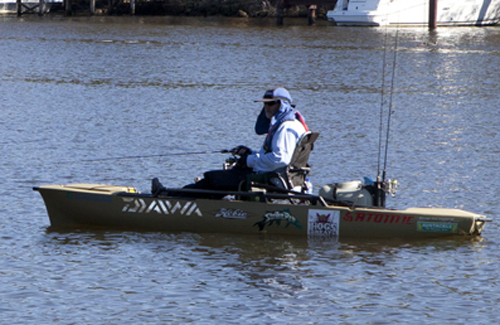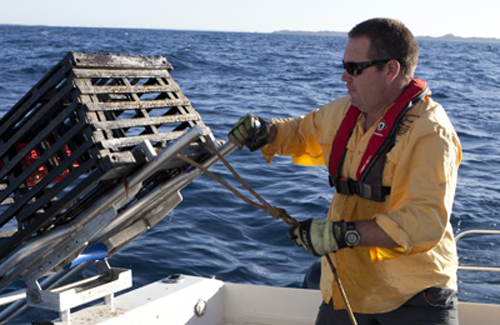
Don’t put your life on the line! Better yet, keep the sand between your toes and stay off the rocks.
There is a long history of accidents occurring along the coast of Western Australia. With WA’s unpredictable coastline it is important to consider the following:

Know the conditions
Make sure you are aware of local weather, swell and tidal conditions before going fishing. Once at a fishing location take time to observe the current conditions, they may be different to those predicted or may be changing.
For more on conditions, see bom.gov.au

Footwear
Wear shoes with non-slip soles to prevent slipping on wet rocks. Wear light shoes that will not weigh you down in water. Steel-cap work boots may provide good grip and protection to your feet but will weigh you down if you fall in.

Wear a personal floatation device
For the past 24 months Recfishwest has been running the Free Loan Life Jacket Scheme, where local outlets loan Life Jackets free of charge to the public. There are currently 17 locations around WA ranging from Esperance to Carnarvon.
Compact and comfortable to wear, the Crewsaver Crewfit 165 Sport Lifejacket is our recommendation for boat fishers.
A list of Lifejacket loan locations can be found in the footer of our website.

Clothing
Try to wear light clothing; this will make it easier to swim if you are washed in. Jumpers and thick cotton clothing become very heavy when wet, impeding swimming and can be difficult to take off quickly.

Know how to swim
There are many situations where as a fisher you might be required to swim during the course of your fishing activities; either for recreation or in an emergency. If you fish, you should know how to swim for your own safety. If you are a poor swimmer it is best to wear a Personal Flotation Devices (PFD) and have an experienced swimmer with you at all times.
For more on learn how to swim, see royallifesaving.com.au
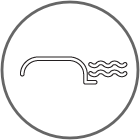
Black Rock
There are many situations where as a fisher you might be required to swim during the course of your fishing activities; either for recreation or in an emergency. If you fish, you should know Keep clear of the black rock at all times. The constant fresh and salt water on the rocks causes black algae that cover the surface making it dangerously slippery. If there are rock anchor points drilled into the rocks, make sure you tie yourself onto them using suitable rope and a harness.
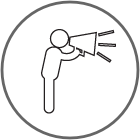
Tell someone your plans
It is always a good idea to let a responsible person know where you will be fishing and what time you plan on returning. Also never fish alone, fishing with a friend or family will allow you look out for each other and help each other in an emergency, it’s also great fun!

Shark sightings
Please report all shark sightings directly to the Water Police on 9442 8600. This number is staffed 24 hours, seven days a week and will activate any required response.
Keep informed of the latest reported sighting and tagged shark detection information by checking the Shark Activity Map or follow the Surf Life Saving WA twitter feed @SLSWA. The Shark Activity Map provides beach users with ‘real time’ information on reported sightings and tagged shark detections, as well as access to Surf Life Saving WA’s twitter feed and current alerts and warnings issued by the Department of Fisheries. Remember the map shows available information – not all sharks are tagged, or sightings reported, so be Sharksmart when using the water.
People are asked to refrain from phoning rangers direct for updates as these phone lines need to be available to coordinate shark sighting response activities.
For more information about shark sighting response plans and procedures as well as shark safety tips visit the Sharksmart website.

